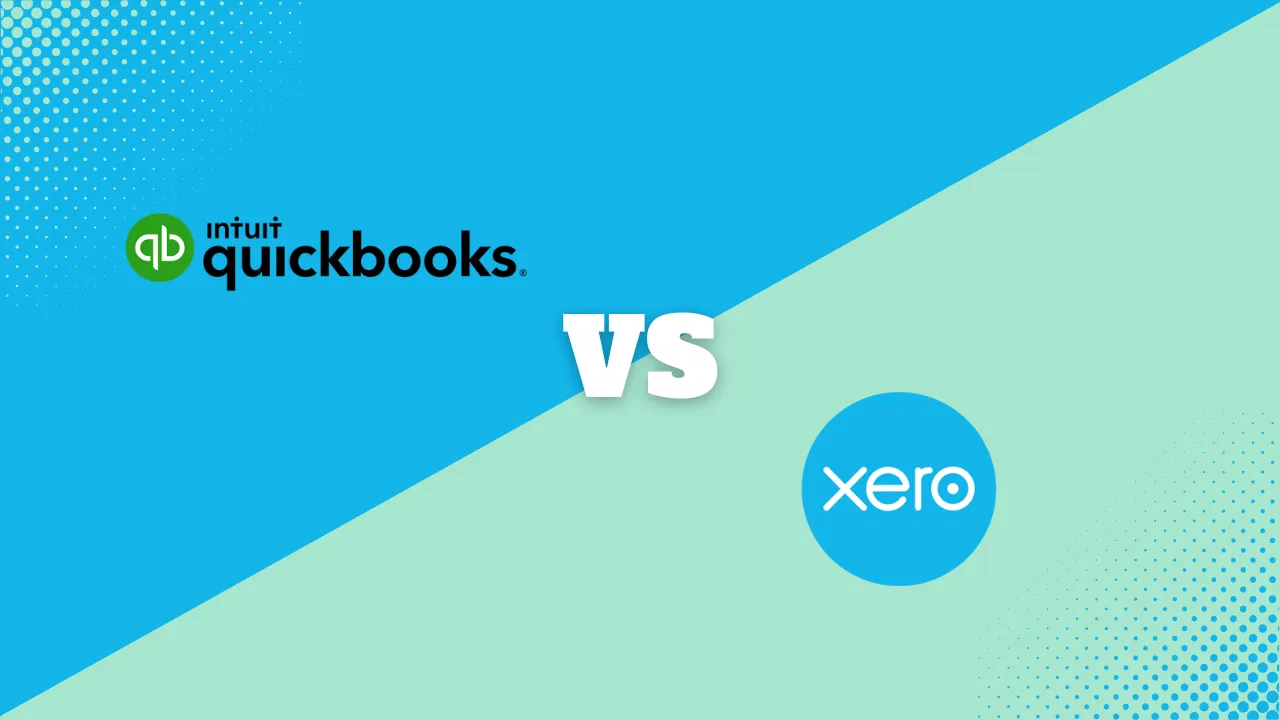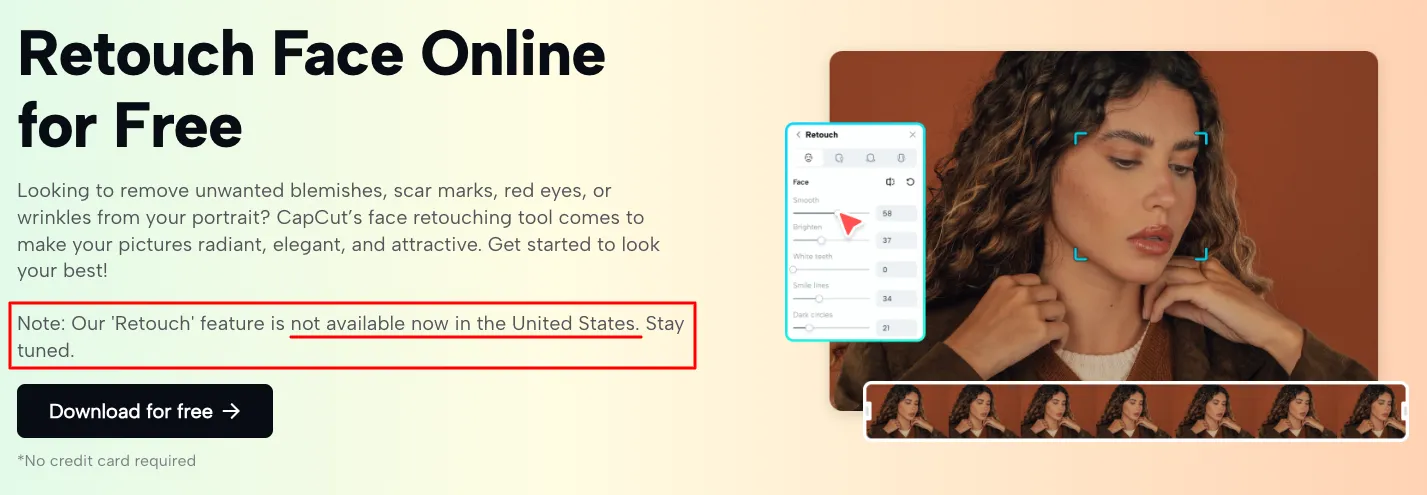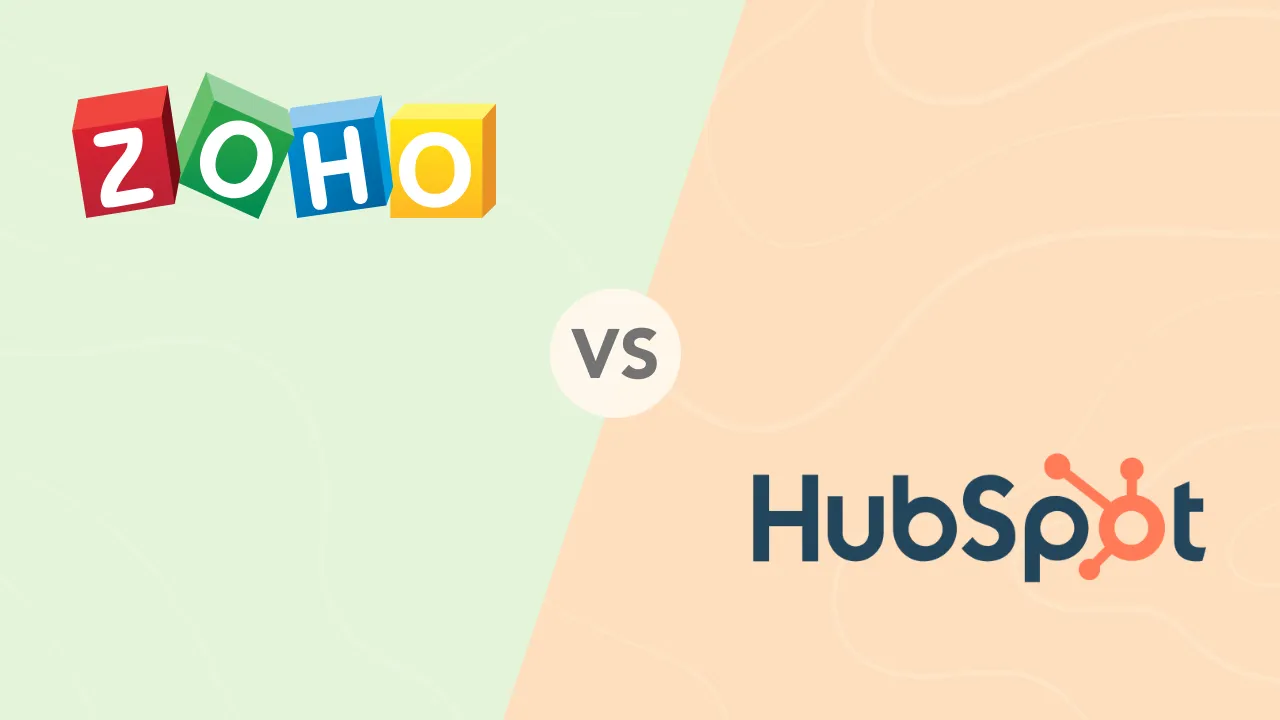Affiliate Marketing Exposed: How It Works, Types, and How to Make Money Online

Affiliate marketing is a performance-based marketing strategy in which affiliates earn a commission by promoting products or services through a unique affiliate link. When someone purchases through this link, you, as an affiliate, can receive a percentage of the sale. This approach is widely used by brands to increase reach and by individuals or small businesses looking to generate passive income.
Affiliate marketing has grown significantly, with many people finding success by promoting other company’s products online. In this guide, we’ll cover everything you need to know about affiliate marketing, including how it works, its benefits, how to start as an affiliate marketer, and the tools you’ll need for success.
What is Affiliate Marketing?
Affiliate marketing is a way for companies to reach more customers by partnering with people or other businesses (affiliates) who promote their products or services. Affiliates share links to these products on their websites, blogs, or social media, and they earn a commission when someone purchases through their link. This setup is valuable for both sides: companies can expand their audience and increase sales, while affiliates make money by recommending products without needing to create or handle them directly. It’s a win-win strategy that uses the power of trusted recommendations to help brands grow, and affiliates earn income.
Is Affiliate Marketing Legit?
Yes, affiliate marketing is a legitimate business model widely used by well-known companies, including Amazon, Shopify, and Target, to expand their reach and drive sales through trusted partners. These companies leverage affiliates — bloggers, influencers, content creators, and website owners — to promote their products or services to new audiences.
However, the legitimacy of affiliate marketing also depends on ethical practices. As an affiliate marketer, you should be transparent, avoid misleading claims, and partner only with reputable companies whose products and services you trust. When done ethically and focused on delivering genuine value to an audience, affiliate marketing can provide you with a sustainable source of income. Scams do exist, but sticking to trusted affiliate marketing services that can connect you with reputable companies offering transparent partnerships can help you steer clear of illegitimate offers.
Why Should You Do Affiliate Marketing?
Affiliate marketing offers unique benefits that appeal to a wide range of individuals and businesses. Here are some compelling reasons why you should consider affiliate marketing for small business or personal income:
-
Low startup costs: Unlike traditional businesses, affiliate marketing doesn’t require significant upfront investment. You don’t need to create products, manage inventory, or provide customer service. You can start with just a website and some digital marketing tools, making it an accessible option for those on a budget.
-
Potential for passive income: One of the most attractive aspects of affiliate marketing is its ability to generate passive income. Once you’ve published content with affiliate links, it can continue to earn money for you over time, especially if it ranks well in search engines.
-
Flexibility and scalability: Affiliate marketing allows you to work from anywhere and scale at your own pace. As you grow your audience and traffic, your income potential increases without the need to create new products or expand operations significantly.
-
Monetize existing audiences: If you already have a blog, social media following, or email list, affiliate marketing is an effective way to monetize your audience by recommending products that align with their interests.
For these reasons, affiliate marketing is a powerful strategy for generating income, especially if you’re looking for a flexible, low-risk business model.
How Affiliate Marketing Works
Understanding how affiliate marketing works is crucial before diving into the field. Here’s a breakdown of the process:
-
Affiliate partners with a brand: You will join an affiliate program provided by a brand, marketplace, or affiliate network such as CJ Affiliates or Impact. Upon approval, you’ll access a unique affiliate link for the products or services you’ll promote.
-
Affiliates promote the product: You’ll promote the product or service to your audience using strategies such as social media affiliate marketing, blogging, email marketing, or YouTube videos.
-
Customers click the affiliate link: If a member of your audience clicks on the unique affiliate link, they are redirected to the brand’s product page or website. This link contains tracking information that attributes the click to you.
-
Purchase and commission: When the customer completes a purchase or a specified action (like signing up or downloading a resource), you’ll earn a commission, which varies based on the affiliate program and the product price.
Affiliate marketing creates value for both the brand and the affiliate: Brands gain exposure and sales, while affiliates earn commissions. To succeed, affiliates must know their audience and select products that match their audience’s needs and interests.
Pros and Cons of Affiliate Marketing
Pros of Affiliate Marketing:
- Low entry costs: Getting started with affiliate marketing is inexpensive, as there’s no need to create products or manage inventory.
- Flexible income stream: Affiliates can work from anywhere and scale their income with increased traffic and sales.
- Passive income potential: Once you’ve set up affiliate links in valuable content, these can continue to generate revenue over time.
- No customer service or fulfillment: Affiliates are not responsible for shipping, handling, or customer service, as the product vendor handles these.
Cons of Affiliate Marketing:
- Income fluctuations: Commission-based earnings can vary, making income unpredictable.
- High competition: Popular niches can be competitive, requiring effective marketing and SEO to stand out.
- Dependency on partner terms: Affiliates rely on program terms that can change, affecting commission rates or cookie durations.
- Limited control: Affiliates don’t control the customer experience or the product itself, making it difficult to resolve customer issues directly.
Affiliate marketing has its challenges, but with the right strategies, it’s possible to build a sustainable income source.
Types of Affiliate Marketing
Affiliate marketing strategies vary based on how closely the affiliate is connected to the product or audience. Here are three primary types:
-
Unattached affiliate marketing: The affiliate has no direct connection with the product or audience and relies heavily on ads to promote products. This type is more transactional and may lack authenticity.
-
Related affiliate marketing: Affiliates promote products or services related to their niche or industry but may not have used the products personally. This type can still be effective, especially when the affiliate is knowledgeable about the topic.
-
Involved affiliate marketing: In this model, affiliates have a personal connection to the products or services they recommend. This approach is often the most effective, as affiliates can share genuine experiences and insights, building trust with their audience.
Each type has its strengths, but involved affiliate marketing tends to be the most successful due to its authenticity and personal touch.
How Much Money Do Affiliate Marketers Make?
Affiliate marketing income varies widely. Some beginners earn around $100 to $1,000 per month, while experienced marketers with large audiences or high-traffic websites can make between $10,000 and $100,000+ monthly. For a few elite “super affiliates,” earnings can even exceed $1 million annually.
These earnings depend on niche, audience size, and marketing strategy. Beginners may start with modest gains as they build their audience. At the same time, intermediates and full-time affiliates often see substantial returns by refining their tactics and focusing on high-quality content. Below, we break down the earning potential at different levels in affiliate marketing, along with key factors that influence income.
| Type | Earnings per Month | Overview |
| Beginner Affiliate Marketers | $0 – $1,000 | Start by earning a few hundred dollars as they learn and build their audience. They often face traffic and conversion rate challenges but gain experience over time. |
| Intermediate Affiliate Marketers | $1,000 – $10,000 |
Have a more established audience and a better grasp of affiliate marketing. They use SEO, email marketing, and social media to drive sales with engaging content, like product reviews and tutorials. |
| Experienced and Full-Time Affiliate Marketers | $10,000 – $100,000+ | Have mastered their niche, invest in tools and advertising, and often use advanced strategies to maximize their income. They tend to work with higher-paying affiliate programs and focus on high-quality content. |
Factors That Affect Affiliate Income
- Niche: Some niches, like finance or tech, offer higher commissions.
- Audience engagement: Affiliates with an engaged audience tend to earn more.
- Traffic volume: The more traffic, the more potential income.
Affiliate marketing income ranges widely: Some make it a side gig, while others earn six figures. Success often requires time, a targeted audience, and optimized content to increase conversions.
Related Articles
How Do Affiliate Marketers Get Paid?
Affiliates are paid in several ways depending on the structure of the affiliate program:
- Pay-per-Sale (PPS): The most common model, where affiliates earn a percentage of each sale.
- Pay-per-Click (PPC): Affiliates are paid for each click on their affiliate links, regardless of sales.
- Pay-per-Lead (PPL): Affiliates earn a commission when a referred user completes a specific action, like signing up or subscribing.
Some affiliate networks also offer performance-based bonuses for high sales volumes. Depending on the program, payments are typically made monthly or quarterly.
How to Become an Affiliate Marketer
To become an affiliate marketer, follow these essential steps:
- Choose a niche: Start by selecting a specific niche where you have knowledge or interest, as this will make content creation and audience engagement easier.
- Select affiliate programs: Look for affiliate marketing services that offer reputable programs in your niche with competitive commission rates.
- Build an audience: Use a blog, YouTube, or social media to build an audience that aligns with your chosen niche.
- Promote products strategically: Create content that naturally incorporates affiliate links and provides genuine value to your audience.
Top Affiliate Marketing Tools
Effective tools can make affiliate marketing more efficient. Here are some popular affiliate networks and tools:
 Find the right customers at the right time
Find the right customers at the right time  Powered by fresh data & cutting-edge tech
Powered by fresh data & cutting-edge tech  Easy-to-use contracts & payment processing
Easy-to-use contracts & payment processing  Simple in-app partner communication
Simple in-app partner communication  Affiliate Intelligence AI capabilities
Affiliate Intelligence AI capabilities  Custom, large-scale, long-term programs
Custom, large-scale, long-term programs  Easy to monetize any social channel
Easy to monetize any social channel  Works even for extremely niche creators
Works even for extremely niche creators  High commissions & revenue opportunities
High commissions & revenue opportunities  Accurate device-level tracking & analytics
Accurate device-level tracking & analytics  Optimize campaigns with real-time tracking
Optimize campaigns with real-time tracking  Reach a vast network of over 30K merchants
Reach a vast network of over 30K merchants  Personalize your creator application page
Personalize your creator application page  Extensive software & social integrations
Extensive software & social integrations - CJ (Commission Junction): A global affiliate platform with a wide range of brands.
- Impact: Known for sophisticated tracking and a range of high-end brands.
- Rakuten Advertising: Reliable network with top brands in multiple industries.
- Amazon Associates: Perfect for beginners with an extensive selection of products.
- ClickBank: Offers high commissions, especially for digital products.
- ShareASale: Combines physical and digital products across various niches.
- Shopify: Great for promoting Shopify services or e-commerce solutions.
Each platform offers unique features and benefits, so choosing the right one will depend on your niche and audience.
How to Start Affiliate Marketing in 4 Steps
Starting affiliate marketing is easier than you might think, but achieving long-term success requires a strategic approach. Here’s a step-by-step guide to help you get started:
Step 1: Choose Your Niche
- Why it matters: Your niche is the specific area or topic you’ll focus on, such as health, tech, finance, or lifestyle. A defined niche makes it easier to attract a targeted audience interested in the products you promote.
- Tips:
- Pick a niche you’re passionate about or knowledgeable in. This will help you create valuable, authentic content that resonates with your audience.
- Research profitable niches where people are actively seeking products. Look for high-demand areas like fitness, personal finance, or tech, as these often have more lucrative affiliate programs.
- Check out the competition and make sure there’s room to stand out. Focus on a sub-niche if the broader category is too competitive (e.g., sustainable fitness gear rather than just fitness).
Step 2: Find the Right Affiliate Programs
- Why it matters: Your earnings will come from the affiliate programs you join, so it’s essential to choose programs that align with your niche, offer attractive commissions, and have high-quality products.
- Tips:
- Look for well-known affiliate networks that host multiple brands and products, such as Amazon Associates, ShareASale, CJ Affiliate, and ClickBank.
- Check the commission structure: Some programs pay per sale, while others offer per-click or per-lead payments. High-ticket items with good commissions can increase your earnings.
- Consider the reputation and quality of the products. Promoting reliable products builds trust with your audience and increases the chances of repeat purchases.
Step 3: Create Valuable Content
- Why it matters: High-quality content is key to attracting and engaging your audience, building trust, and encouraging them to click on your affiliate links.
- Tips:
- Start a blog, YouTube channel, or social media account dedicated to your niche, where you can share reviews, tutorials, and guides on relevant products.
- Focus on content that provides real value. Product comparisons, how-to articles, and honest reviews are popular formats that help readers make purchasing decisions.
- Incorporate SEO (Search Engine Optimization) strategies to help your content rank in search results, driving organic traffic and passive income from clicks on your affiliate links.
Step 4: Drive Traffic and Optimize Conversions
- Why it matters: More traffic means more potential clicks and conversions, but getting traffic is only part of the equation. Optimizing conversions— getting visitors to take action — is essential for making money.
- Tips:
- Use social media, SEO, email marketing, and possibly paid ads to drive traffic to your content.
- Build an email list so you can regularly engage your audience and promote affiliate offers directly.
- Use strong calls-to-action (CTAs) that encourage users to click on your affiliate links, such as “Check out my top pick here!” or “Get the best deal now.”
- Track which content and products perform best using analytics tools and optimize your strategies based on what’s working.
Common Types of Affiliate Marketing Channels
- Blogging: Blog content can rank on search engines, driving traffic to affiliate links in reviews, tutorials, and guides.
- Social media affiliate marketing: Platforms like Instagram and TikTok allow affiliates to promote products directly to followers with affiliate links.
- YouTube: Video content is highly engaging and lets affiliates provide in-depth product insights.
- Email marketing: Building an email list enables affiliates to send targeted promotions to a highly engaged audience.
Each channel has unique advantages, and affiliates often combine multiple channels to maximize reach.
Affiliate Marketing Costs
Does affiliate marketing cost money? Generally, costs are low, but there are some essential expenses:
- Website hosting: Required if you’re using a blog or website.
- Marketing tools: Paid tools like SEO software, email marketing platforms, and ads can help grow your reach.
- Content creation: High-quality visuals or video production may require investment, especially for social media affiliate marketing.
Despite these costs, affiliate marketing remains one of the most affordable business models available.
Final Thoughts on Affiliate Marketing
Affiliate marketing offers a great way to turn your online presence into a source of income while building passive revenue streams. By understanding how affiliate marketing works, creating meaningful content, and getting familiar with the pros and cons, you can grow a profitable business over time.
Whether you’re a small business owner or just starting as an individual, affiliate marketing can become a scalable income source with the flexibility to work from anywhere. Focus on authenticity, choose affiliate products that truly connect with your audience, and leverage data-driven strategies to improve your efforts for long-term success.
FAQs
Q: What is affiliate marketing?
A: Affiliate marketing is a performance-based strategy where affiliates earn commissions by promoting products or services through unique links, receiving a percentage of the sale when a purchase is made.
Q: How does affiliate marketing work?
A: Affiliates partner with brands, promote products using a unique link, and earn commissions for sales or specific actions made through those links. Success relies on choosing relevant products and effective promotion.
Q: Is affiliate marketing a good way to earn income?
A: Yes, affiliate marketing can generate passive income with low startup costs, offering flexibility and scalability for individuals and businesses looking to monetize their online presence.
Q: What are the pros and cons of affiliate marketing?
A: Pros include low entry costs, flexible work-from-anywhere options, and potential for passive income. Cons involve income variability, high competition, and reliance on partner terms.
















